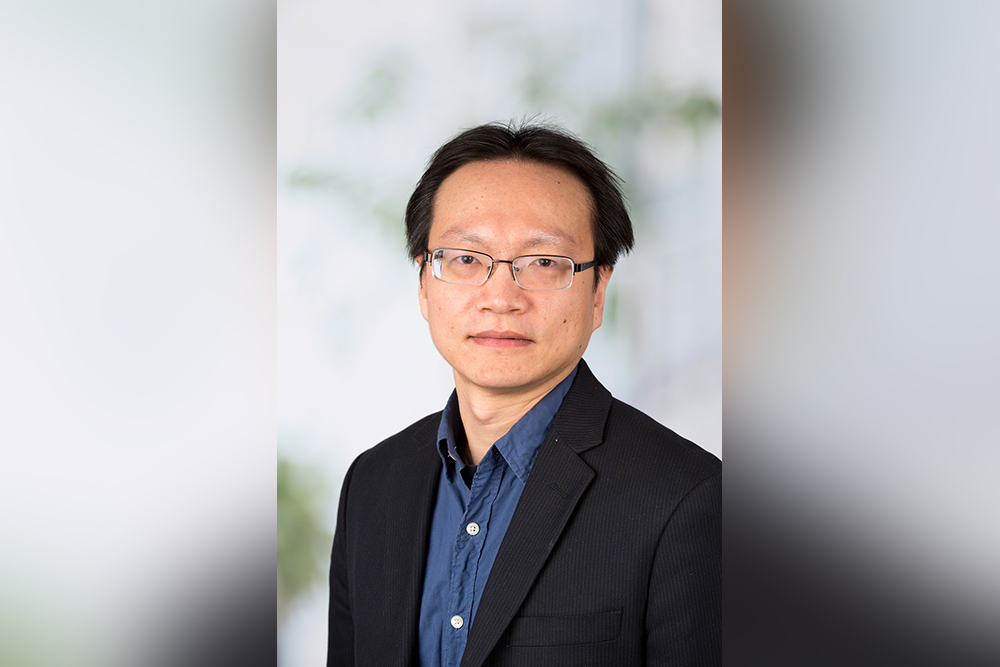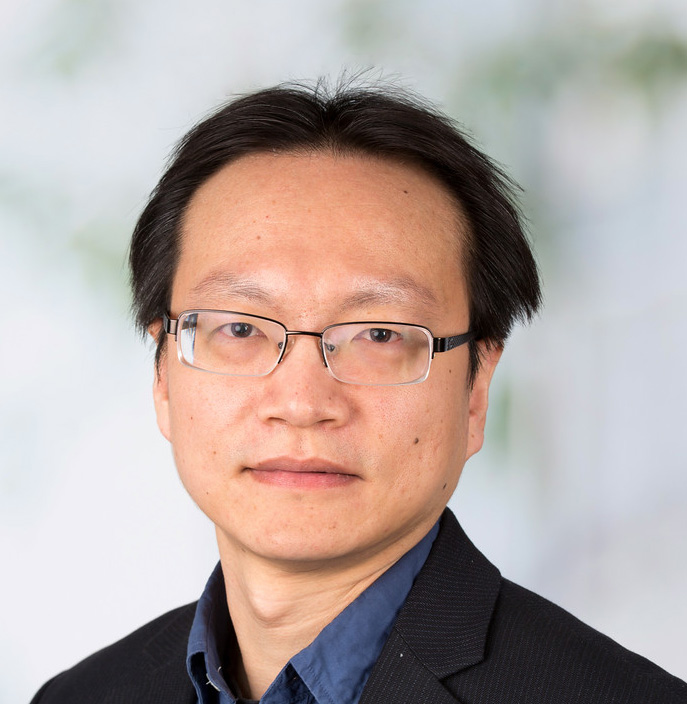About Ting-Yuan (David) Cheng
Biography:
Dr. David Cheng joined the faculty in July 2013 as an Assistant Professor at Roswell Park Comprehensive Cancer Center in the Department of Cancer Prevention and Control. Dr. Cheng’s most recent experience prior to coming to Buffalo was at the Fred Hutchinson Cancer Research Center, Seattle, WA, where he received his doctoral training in nutrition and cancer epidemiology.
Positions
- Assistant Professor of Oncology
- Member, Cancer Center Support Grant Population Science Program
- Department of Cancer Prevention and Control
- Division of Cancer Prevention and Population Sciences
Background
Education and Training:
- 2013 - PhD - Epidemiology, University of Washington, Seattle, WA
- 2007 - MHS - Epidemiology, Johns Hopkins School of Public Health, Baltimore, MD
- 2000 - MS - Environmental & Occupational Health, National Cheng Kung University, Taiwan
Research
Research Overview:
Dr. Cheng’s research interests include studying dietary and nutritional factors in the etiology of cancer. His research uses and collects data in large population-based studies, including the Women’s Health Initiative (WHI) and the Carotene and Retinol Efficacy Trial (CARET). One of his novel findings is that high vitamin D intake from diet and supplements as well as vitamin D blood levels are associated with reduced risk of lung cancer. Also, as quitting smoking is the number-one priority to lowering lung cancer risk for smokers, a lower lung cancer risk can be observed among smokers with high consumption of vitamin D in combination with vitamin A (retinol). These findings have been published in high-impact journals, including the American Journal of Clinical Nutrition, the International Journal of Cancer, and Cancer Causes and Control. In addition, because the impact of nutrition on cancer etiology can vary with individual differences in genetic susceptibility, the interaction between genetic variation and nutritional factors has been a focus of Dr. Cheng’s research. For example, MPO G-463A, a genetic polymorphism influencing the ability of metabolizing reactive oxygen species of myeloperoxidase, can modify the associations of vitamin E (alpha-tocopherol) and omega-3 polyunsaturated fatty acids with aggressive prostate cancer risk. These results have been published in the Journal of Nutrition and the American Journal of Epidemiology. He is also involved in a large investigation of folate, influence of folic acid fortification, and interaction with folate metabolizing genes in relation to colorectal cancer. He and his colleagues continue publishing their findings in Cancer Research and other important journals.
Currently, under the mentorship of the department chair, Dr. Christine Ambrosone, Dr. Cheng is receiving further training in tumor pathology, including using laboratory methods to identify hormone receptors in lung and breast cancer and analyzing the tumor subtype data. He is also expanding his research into other novel dietary factors, such as beta-agonists added during the feeding process of meat animals, as exposure to these can lead to cell growth and, potentially, tumors.

